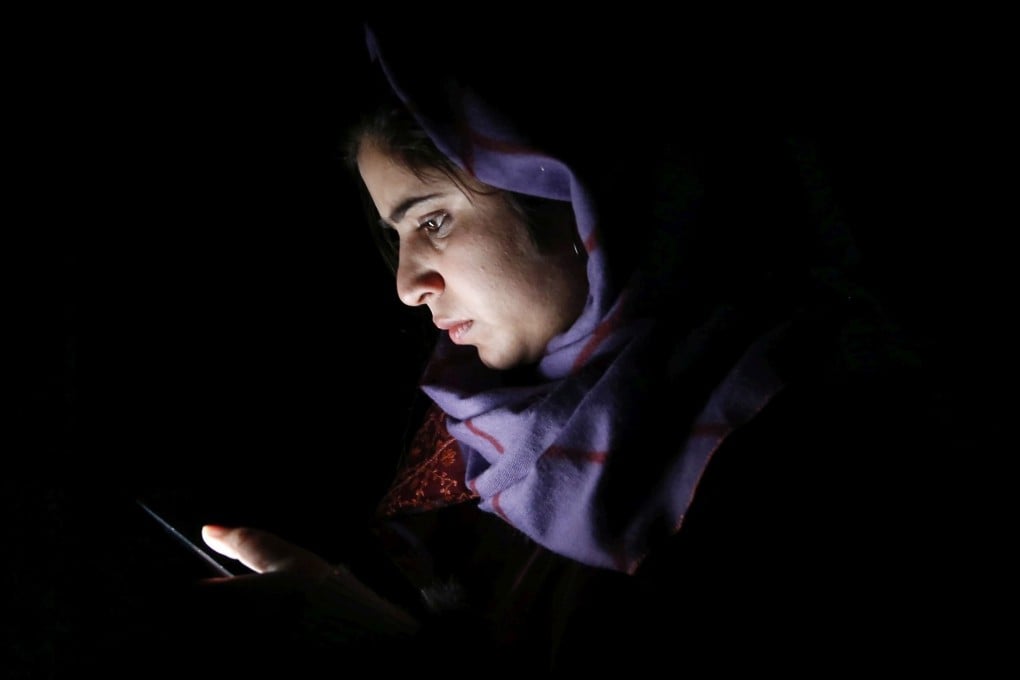Opinion | India’s leaders are failing to protect Muslim women from online abuse, putting them at risk of actual violence
- The emergence of a fake app listing Muslim women ‘for sale’ – the second in six months – has added to fears of growing Islamophobia in the country
- Threats of cyberviolence against women must be taken seriously, yet India’s ruling party remains complicit

India is known for its multiculturalism; people follow different faiths, speak different languages and believe in different values.
The secularism on which the world’s largest democracy was built has been rapidly fraying, and anti-Muslim attacks in particular have become rampant across many Indian territories.
More than anyone, Muslim women have paid the price for these tensions. Over the past few decades, Muslim women have been crushed under human rights abuses owing to the treacherous combination of religious intolerance, deeply ingrained gender inequalities and medieval personal laws.
But women who have dared to challenge taboos and demanded punishment for gender crimes have time and again been silenced, as has been the cry for retribution and justice in all these above-mentioned cases.
